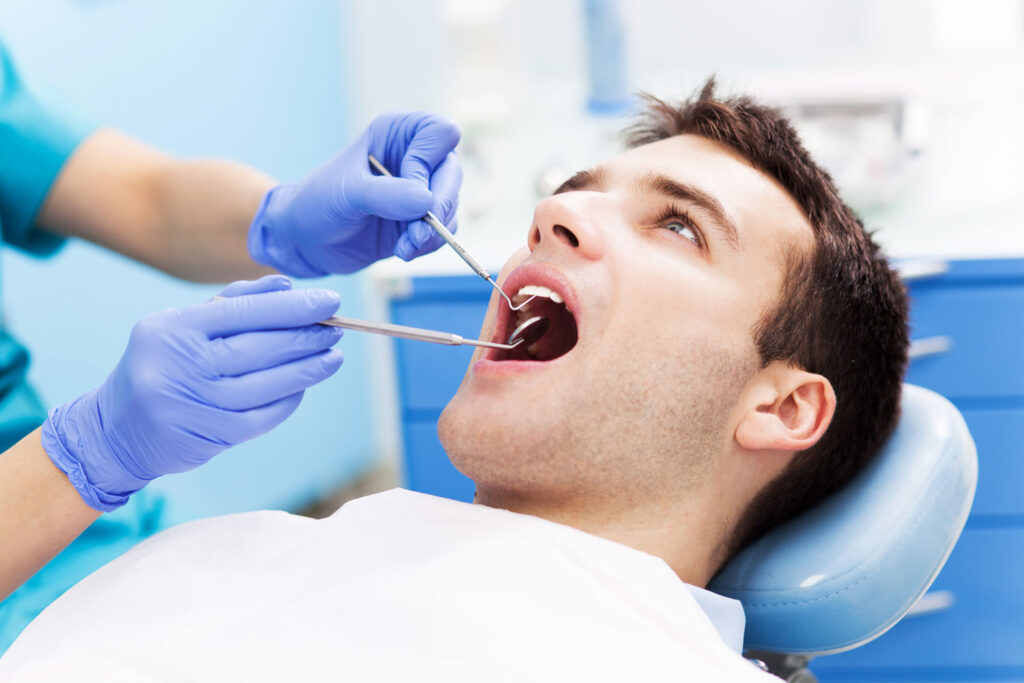It is a common misconception that one only needs to see a dentist when they have specific signs of dental disease. While you shouldn’t be ignoring telltale signs, it is always important to go for regular checkups and appointments at least once in six months. If you are seeing a dentist in riverside ca for a dental exam and cleaning, here’s what you can expect.
Dental Exam Explained
Your dentist will do a comprehensive dental exam during each visit, especially if you see them for the first time or after a long time. They will work with a hygienist to do diagnostic X-rays to find early signs of bone loss, tooth decay, and cysts. They will also do a screening for oral cancer and look for possible signs. Your dentist will also check your gums and bone to find early signs of gum disease. With special dental instruments, they will look for signs of decay and the condition of the restorations you have.
Professional Dental Cleaning Explained
Also known as dental prophylaxis, a dental cleaning is done by a hygienist. The first step is to remove calculus or tartar from your teeth, which has hardened to the teeth’ surface. Tartar can be seen just close to the gum line and can be removed using instruments at the clinic. They will also remove plaque, almost like an invisible film on the teeth, and a thriving ground for bacteria. Bacterial growth can cause inflammation of the gums, eventually leading to periodontal disease. The final step is teeth polishing, which removes remaining stains and plaque if not cleaned during scaling.
Does it hurt during a dental cleaning?
No, dental cleaning is not supposed to hurt unless you already have existing signs of gum disease and tooth decay. If you experience any pain or discomfort, let the dentist know. While local anesthesia is not required for regular cleanings, your dentist may consider the option of treatments like scaling to reduce concerns and treat other symptoms.
How frequently should you go for a dental cleaning and routine exam?
Your dentist will schedule a dental cleaning and routine exams periodically, usually within a gap of a few months. If you have plaque, your dentist will schedule scaling and root planing after a routine exam and complete the entire cleaning to get rid of bacterial growth.
Check online now to learn more about dental cleaning and routine exams, and book an appointment today!


